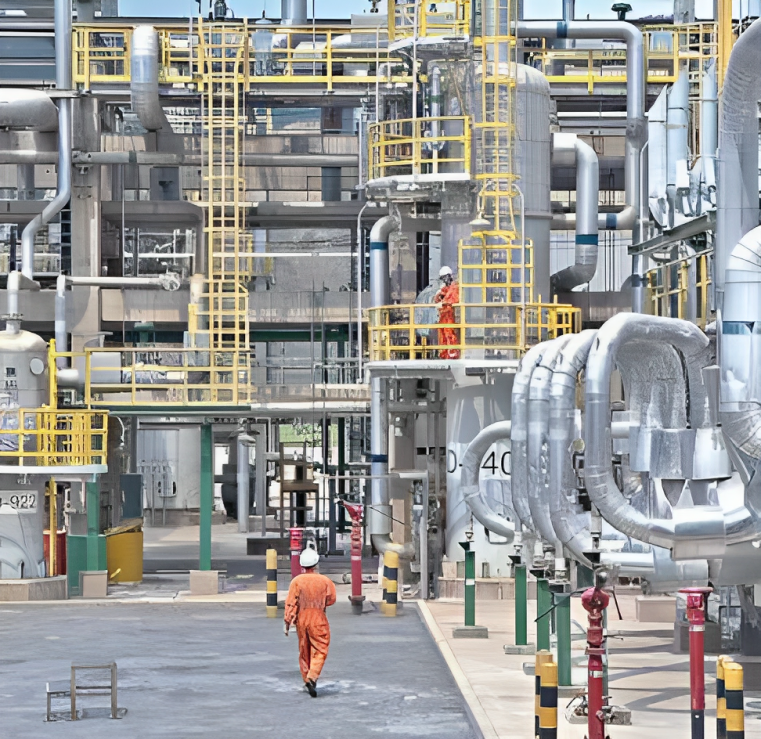After years of anticipation, the Dangote Petroleum Refinery, acclaimed as Africa’s largest oil refinery, has begun its operations. This marks a significant milestone for the Nigerian oil industry as the refinery starts producing Automotive Gas Oil, commonly known as diesel, and Jet A1, or aviation fuel. The commencement of operations raises hopes of boosting refining capacity on a continent heavily dependent on imported petroleum products.
The question on the minds of many Nigerians is whether the refinery’s operations will lead to lower petroleum product prices, particularly petrol. The public’s enthusiasm for the refinery’s operation could wane if prices remain high. Alhaji Aliko Dangote, President of the Dangote Group, has been lauded for realizing this ambitious project, but expectations are high for the refinery to fulfill its ultimate purpose of significantly impacting Nigeria’s fuel economy.
Located in the Lekki Free Trade Zone in Lagos, the Dangote refinery is expected to not only satisfy Nigeria’s fuel demands but also export to neighboring West African countries. This could potentially revolutionize oil trading in the Atlantic Basin. However, some analysts are skeptical about the refinery’s ability to lower fuel pump prices. Factors such as the devaluation of the naira against the U.S. dollar and operational costs could mean that the refinery’s petrol might cost more than anticipated.
Regardless of fuel price outcomes, the Dangote refinery is poised to contribute substantially to Nigeria’s economic growth. With a refining capacity of 650,000 barrels per day, it is set to be the world’s largest single-train refinery. This increased capacity will significantly meet Nigeria’s domestic demand for petroleum products and reduce import dependency.
According to a report by The Guardian, seven major oil marketers in Nigeria have registered with the refinery for the lifting and distribution of its products. The refinery’s operations are expected to create numerous direct and indirect job opportunities and spur infrastructure development in the Lekki Free Zone and surrounding areas. This includes improvements in road networks, utilities, and other facilities supporting the refinery’s operation.
The refinery has received six million barrels of crude oil at its single-point moorings and can load 2,900 trucks a day. Its successful operation will hinge on overcoming challenges such as meeting environmental and safety regulations, managing technical issues, ensuring a reliable supply chain, and addressing transportation and storage logistics.
Alhaji Dangote is urged to adhere to local and international environmental and labour regulations, minimize pollution, and develop a comprehensive traffic management plan for the area. Ensuring fair competition and enhanced security measures at the refinery are also crucial.
As Nigeria and the rest of the world watch, the Dangote refinery stands as a beacon of hope. It is expected to reduce the country’s reliance on fuel imports, positively impact the trade balance and foreign exchange reserves, and ensure a consistent supply of products. The nation eagerly anticipates the refinery’s potential to lower petrol prices and drive economic growth.



